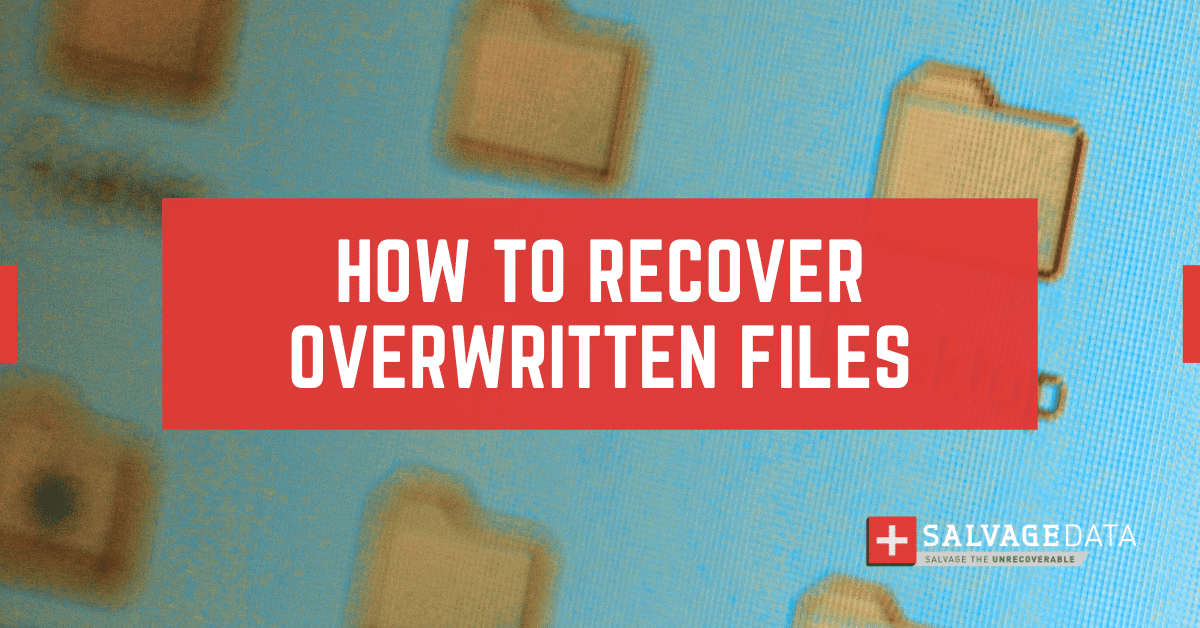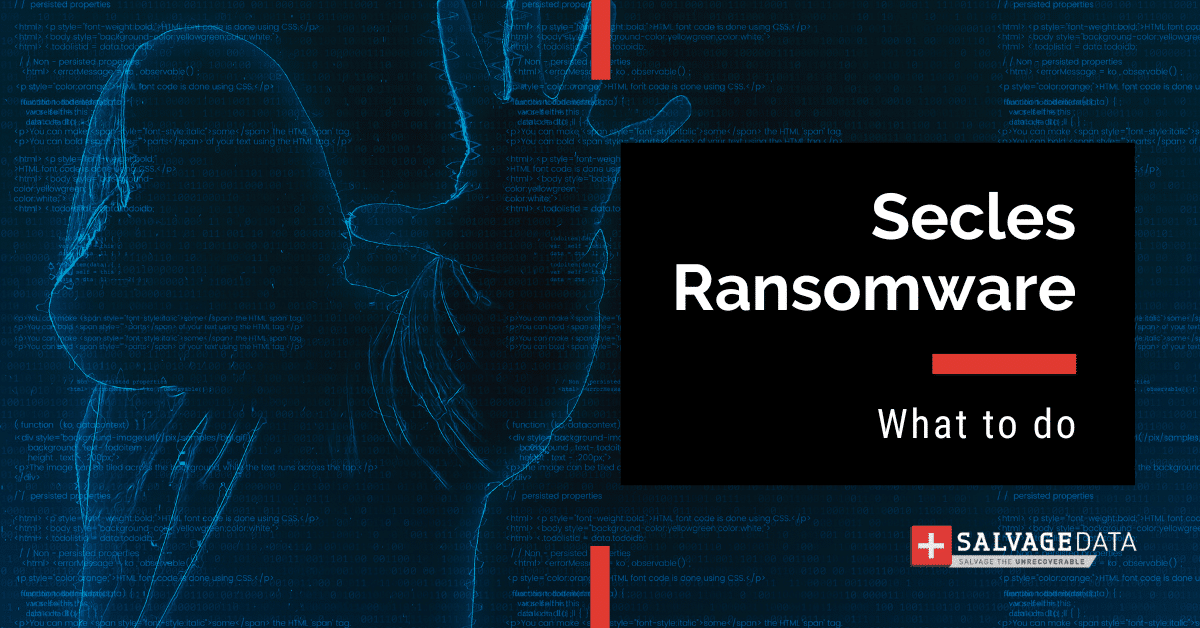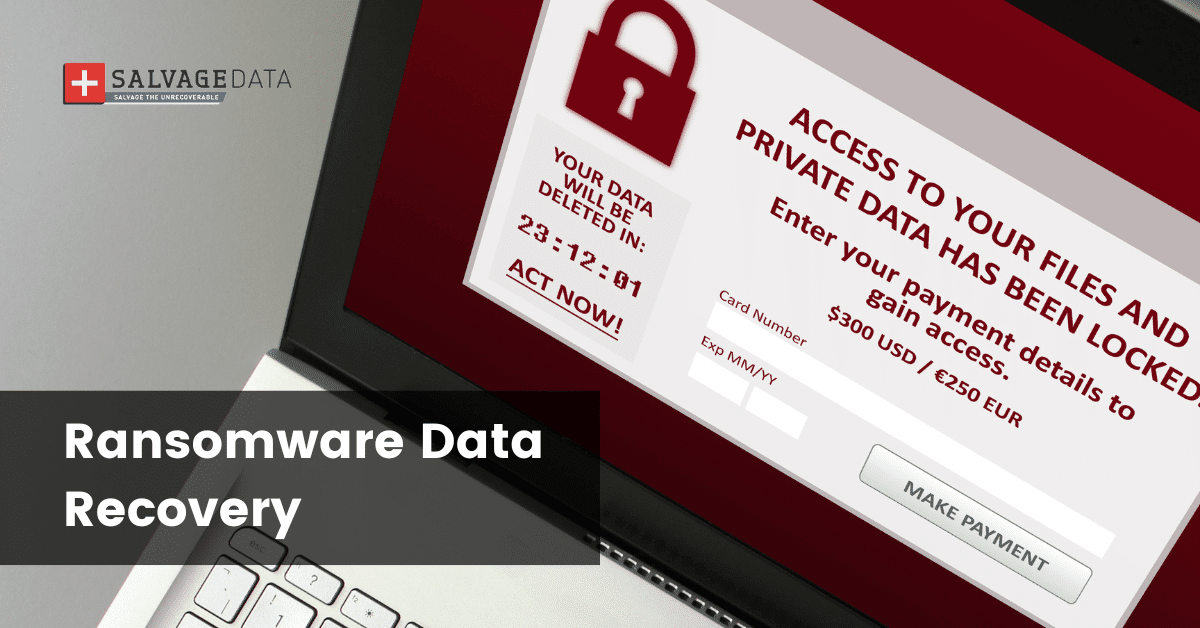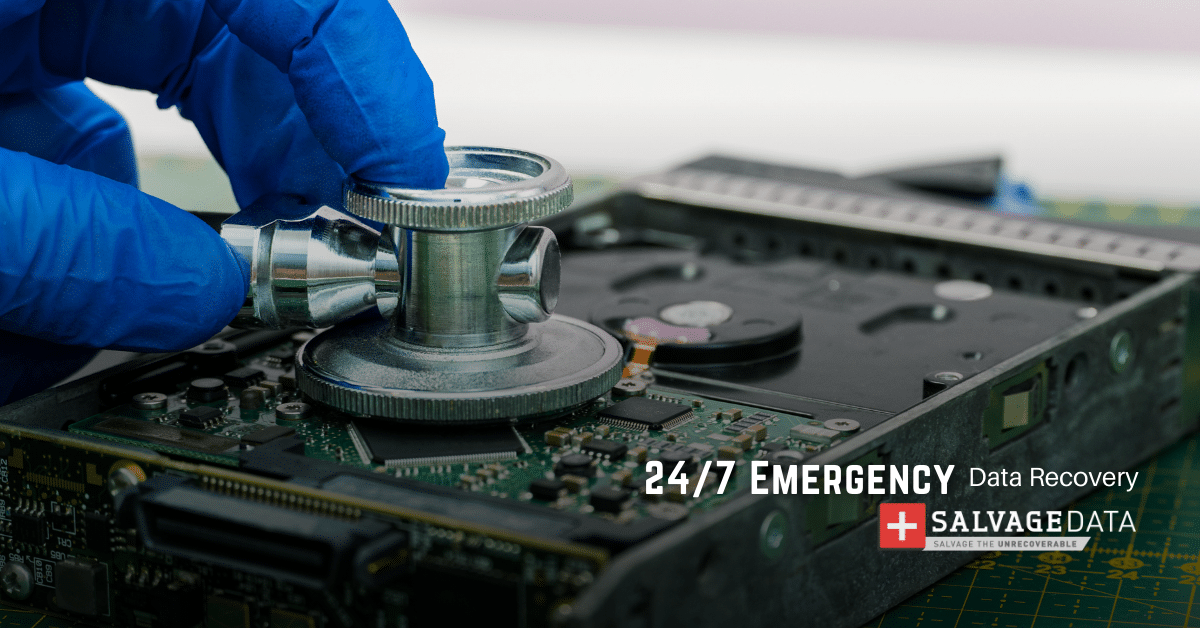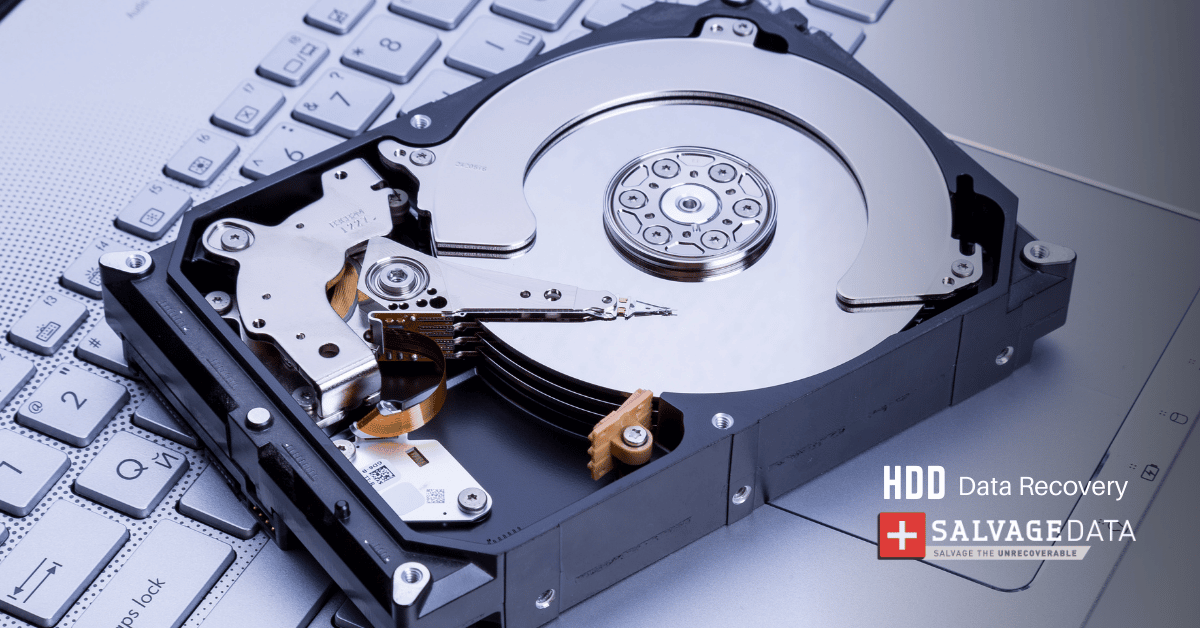Recent Articles
How To Recover Overwritten Files
The Snowflake Data Breach: A Comprehensive Overview
Mac Not Recognizing External Hard Drive: Quick Fix Solutions
How Multi-Cloud Backup Solutions Can Prevent Data Disasters
Capibara Ransomware: What is it & How to Remove
What Should a Company Do After a Data Breach: The Ticketmaster Incident
Secles Ransomware: Removal Guide
What To Do When Your Chromebook Freezes
How to Create Hyper-V Backup
What Is The Best Data Recovery Software For PC

I think there's an issue with my storage device, but I'm not sure Start a free evaluation →
I need help getting my data back right now Call now (800) 972-3282
History
UCCU Ransomware is a type of malware that first appeared in November 2019. It is believed to be a variant of the STOP (DJVU) Ransomware Family.
UCCU uses the .uccu file extension and will append this extension to encrypted files. For example, a file named “sample.jpg” would become “sample.jpg.uccu”.
This ransomware will also create a ransom note named “_readme.txt” or “README!!!.txt” in each folder that contains encrypted files. This ransom note contains instructions on how to decrypt your files and payment information. UCCU ransomware demands a ransom of $980, payable in Bitcoin (BTC).
It is important to note that UCCU Ransomware is a highly sophisticated form of malware. It is important to take preventative measures to avoid becoming infected with this type of ransomware.
Protection
There are a few things you can do to protect yourself from UCCU:
– Keep your operating system and software up to date with the latest security patches.
– Use a reputable anti-virus/anti-malware program and keep it up to date.
– Be cautious when opening email attachments, even if they appear to come from a trusted sender.
– Do not download or open files from untrustworthy websites.
– Back up your important files regularly and store them offline.
If you have already been infected with ransomware, there are a few things you can do:
- Do not pay the ransom.
- Use a reputable malware removal program to remove it from your computer.
- Restore your files from a backup, if you have one.
So, why shouldn’t you pay the ransom?
Paying the ransom does not guarantee that you will get your files back.
In some cases, paying the ransom may make you a target for future attacks.
Paying the ransom puts you at risk of having your personal and financial information stolen.
Finally, by paying the ransom, you are supporting the criminals behind the ransomware.
To remove UCCU ransomware from your computer, you can use a reputable malware removal program such as Malwarebytes. This program is available for free and can be downloaded from the Malwarebytes website.
If you have a backup of your files, you can restore them from that. But, if you do not have a backup, you may be able to use data recovery software to recover some of your files.
SalvageData data recovery software is the best data recovery software for UCCU ransomware. It has a success rate of over 96% and can decrypt your files without the need for the decryption key!
Is there a public decryption tool for UCCU Ransomware?
At this time, there is no public decryption tool for UCCU. However, even if you find a decryption tool, we recommend that you do not use it. This is because these tools can be dangerous and may contain malware.
Contact SalvageData Recovery Services
If you become a victim of UCCU, the best thing to do is to contact a professional data recovery company like SalvageData. We have a success rate of over 96% and our team of experts can help you recover your files quickly and safely. Contact us today for a free consultation!
You can learn more about us and our services by visiting our website. Our prices are very competitive and we offer a no recovery, no fee guarantee!
We hope you found this article helpful. If you have any questions or comments, please feel free to reach out to us at +1 (800) 972-3282 or [email protected]. Thank you for reading!

